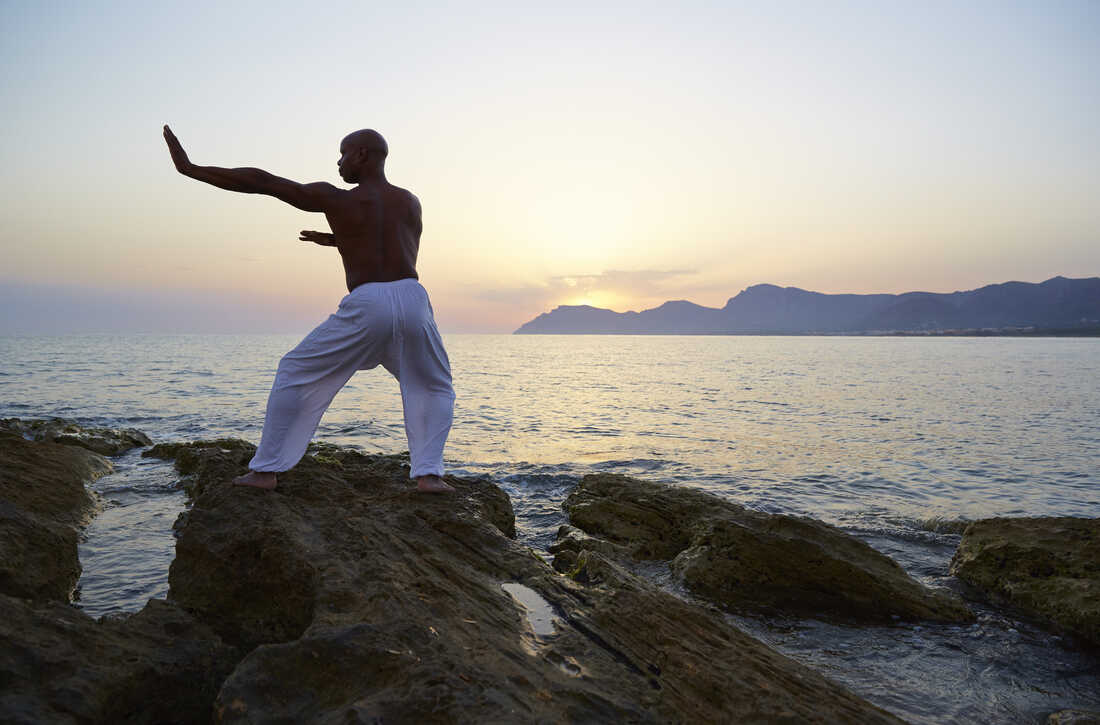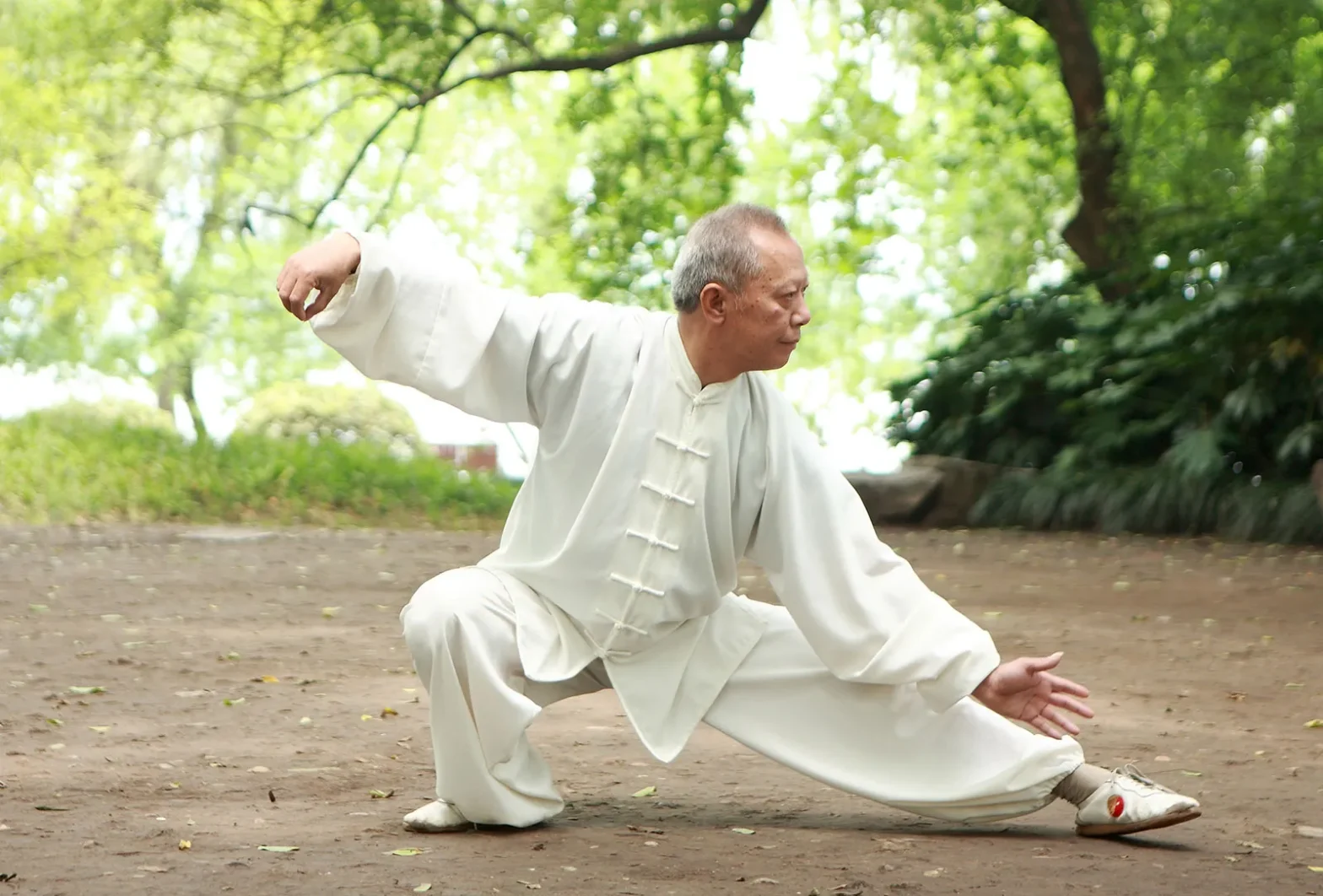In our fast-paced world filled with constant distractions and physical challenges, finding an exercise that nurtures both body and mind has become increasingly valuable. Tai Chi, an ancient Chinese martial art characterized by slow, flowing movements, offers a unique solution for those seeking improved balance and enhanced mental clarity. This gentle practice combines physical exercise with meditation in motion, making it particularly beneficial for older adults and anyone looking to strengthen their stability while sharpening their focus.
Unlike high-intensity workouts that can be intimidating or physically demanding, Tai Chi provides a low-impact approach to wellness that addresses multiple health concerns simultaneously. Research consistently demonstrates that regular Tai Chi practice can significantly reduce fall risk while promoting cognitive function and emotional well-being.
The Science Behind Tai Chi’s Balance Benefits
Tai Chi’s effectiveness for balance improvement is well-documented in scientific literature. Studies show that practicing Tai Chi can reduce falls in seniors by up to 45%, making it one of the most effective interventions for fall prevention. The practice works by targeting all physical components essential for maintaining stability: leg strength, flexibility, range of motion, and reflexes.
The key mechanisms behind these benefits include:
-
Proprioception enhancement: Tai Chi helps train the body’s ability to sense its position in space, which naturally declines with age
-
Muscle strengthening: Regular practice improves both lower-body and upper-body strength comparable to resistance training
-
Improved reflexes: Long-term practitioners show faster reflex reaction times and better balance on unstable surfaces
-
Weight transfer training: The practice emphasizes shifting weight between legs and multidirectional stepping
Research indicates that 24-form simplified Yang style Tai Chi, practiced for 45-60 minutes per session more than four times per week for at least 8 weeks, provides optimal balance benefits.
Mental Clarity Through Mindful Movement
Beyond physical benefits, Tai Chi serves as a powerful tool for enhancing mental clarity and cognitive function. The practice combines slow, deliberate movements with deep breathing and mindfulness, creating a unique form of moving meditation that sharpens mental acuity.
Concentration and Focus Enhancement

Tai Chi’s mindful movements require practitioners to maintain awareness of their body and surroundings, conditioning the mind to remain focused on the present moment. This enhanced concentration during practice translates to improved focus in daily activities, helping individuals better manage distractions and maintain attention on important tasks.
Stress Reduction and Emotional Balance
The meditative nature of Tai Chi promotes relaxation and significantly reduces stress levels. By encouraging deep breathing and a calm mental state, the practice helps push distractions from the mind, resulting in improved mental clarity. Regular practitioners often report feeling more centered and emotionally balanced after sessions.
Cognitive Function Improvement
Studies have linked regular Tai Chi practice to enhanced cognitive function, including improved memory retention and problem-solving skills. The combination of physical movement and mental engagement activates the brain in ways that support long-term cognitive health, making it particularly valuable for aging adults concerned about mental sharpness.
Getting Started with Tai Chi Practice
Beginning a Tai Chi practice requires minimal equipment and can be adapted for various fitness levels. The gentle, low-impact nature makes it especially suitable for seniors and those with mobility limitations. Key considerations for beginners include:
-
Start slowly: Begin with simple movements and gradually build complexity
-
Focus on form: Proper body alignment and weight distribution are more important than speed
-
Practice regularly: Consistency yields better results than occasional intensive sessions
-
Listen to your body: Movements should feel comfortable and tension-free
Many practitioners find that just three sessions per week can produce significant improvements in balance, concentration, and well-being. The practice can be performed standing or modified for chair-based exercise, making it accessible to individuals with varying physical capabilities.
Tai Chi represents a holistic approach to wellness that addresses both physical stability and mental clarity through gentle, mindful movement. With its proven benefits for balance improvement, fall prevention, stress reduction, and cognitive enhancement, this ancient practice offers modern solutions for contemporary health challenges. Whether you’re seeking to prevent falls, improve focus, or simply find a peaceful form of exercise, Tai Chi provides a sustainable path to better health and well-being.

